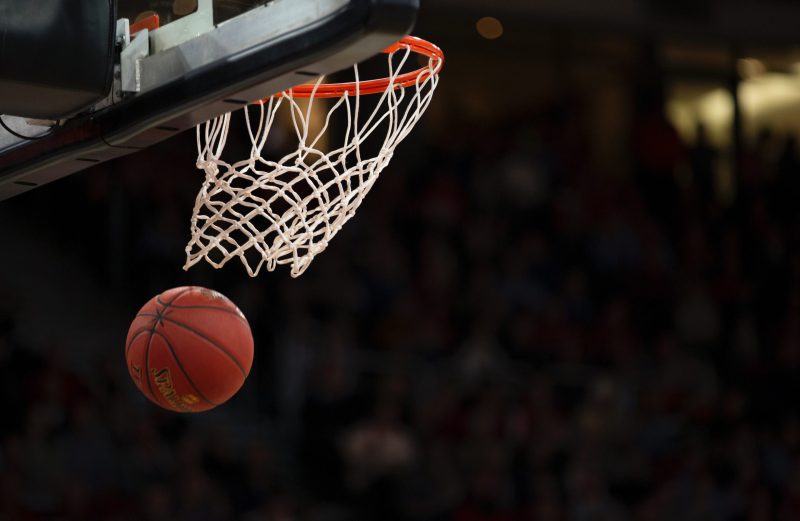The COVID-19 pandemic has had drastic effects on most of the world, and sports are no exception. The sports world, at all levels of competition, came to a halt in March. Professional tennis, basketball, hockey and golf were just a few of the sports that had their seasons suspended due to the pandemic, and their collegiate counterparts shared the same fate. Then the 2020 Summer Olympics were postponed one year.
Five months later, several of the professional sports have returned — or are attempting to return — with shortened and altered schedules, and with the implementation of health guidelines to mitigate the virus’s further spread. Among these precautions are limits on the size of live audience allowed at sporting events, or the outright ban of in-person spectators altogether.
While final decisions about the future of college sports are being made hesitantly, aside from the recent Pac-12 announcement to postpone fall sports, the possible audience bans had athletes thinking about the impact of live audiences in sports.
Women’s basketball’s rising senior guard Kiana Williams recognizes the energy fans bring to both home and away games.
“At home, when we’re struggling, they cheer us on to get us going,” Williams said. “On the road it’s fun because, personally, I like playing in those hostile, loud environments.”
Women’s volleyball’s rising sophomore outside hitter Kendall Kipp expressed a similar sentiment.
“The crowd definitely brings a lot of energy to the games,” Kipp said. “There’s something super special about a group of people who are all passionate about the same thing coming together.”
While Kipp says the team tries to not depend on the energy from the crowd, she admits it is still a big influencer in the team’s energy on the court.
Through their college sports experience, both athletes have had memorable moments with the crowd. Without a crowd for her final season, however, Williams may miss the chance to make more of such memories.
“I can’t think of one exact game, but playing in Maples is second to none,” Williams said. “Our fans are loyal, have been for years, and we love seeing their faces, hearing them clap and cheer us on.”
For Williams, some of the more personal interactions with the crowd occur when signing posters after games. The senior said she loves interacting with younger fans, who “are full of life — and it feels good knowing they look up to us.”
Kipp remembers the crowd’s starting to cheer when the energy was low in the arena.
“One side of the gym yells, ‘Go’ and then the other side yells, ‘Stanford,’ and they just go back and forth,” Kipp said in reference to one of the crowd’s more popular cheers. “I think that really lifts our team up and encourages us.”
Similar to Williams, Kipp cherishes the chances she had to interact with the audience after games and sign autographs. When a young fan would come up to her and say that they wanted to be like her, it made her “want to be a better player and person to be a good role model.”
While being able to safely return to playing basketball and volleyball are the primary concerns, the duo acknowledge how much they would miss the crowd if Pac-12 or NCAA restrictions should prohibit live audience for part or all of their seasons. For Williams, the ability to feel and hear the crowd’s presence serves as an extra motivation to play well. For Kipp, the crowd at Maples functions like a “family supporting us and having our backs.”
Without the energy and enthusiasm of an audience electrifying the energy of an arena, Williams believes it will be crucial for teams to find extra internal motivation to play well.
“I feel a lot of teams play well because of their fans — but without fans there has to be another factor pushing you to play hard regardless of the circumstances,” Williams added.
Creating this energy and being able to maintain it for entire competitions will not be skills acquired overnight, but rather skills that Kipp feels will take a bit of adjusting to perfect.
“[We] really do appreciate our fans and it means a lot to us when they come to our games and support us and hopefully, they will be back soon,” Kipp said.
Contact Yuto Kimura at yuto.sf ‘at’ gmail.com.
